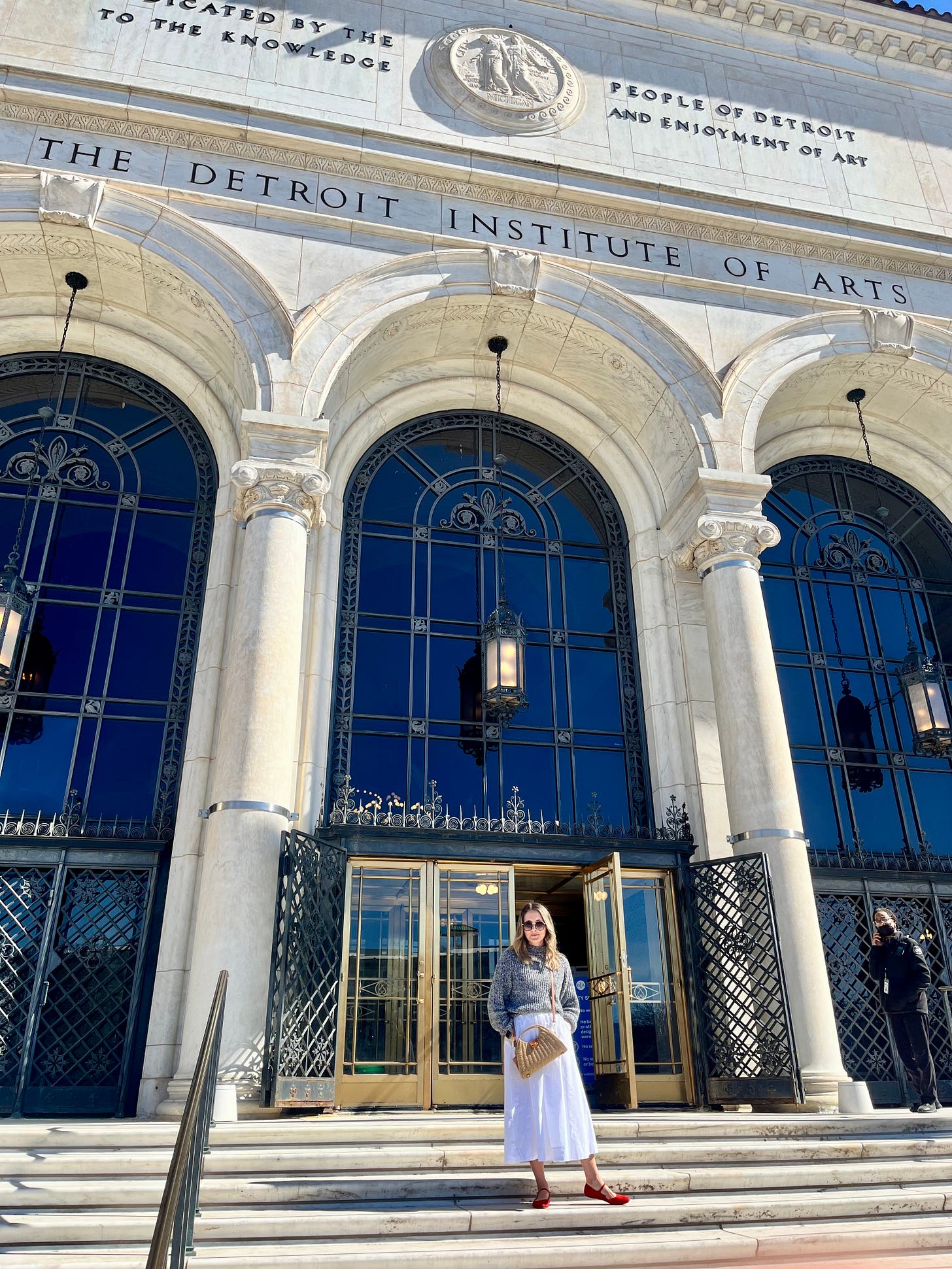Reverence the Dignity
The summer before I started at the University of St. Francis, a coworker asked what I was going to school for. I said baseball. He laughed and I asked him what was so funny. He said something to the effect of, “So you’re going pro?” I knew enough and told him as much. “Then you should stop saying you’re going to school for that.”
Though I made some dear friends playing ball and learned the intricacies of shoulder surgery and the importance of physical therapy, two of the more lasting lessons of my time at the university have been the pedagogical impact of Dr. Stephen Sullivan and the life and teachings of St. Francis of Assisi.
Dr. Sullivan taught us the value of not just a degree but of an Education. He would say that Education is the great equalizer in our society. At first, I didn’t know what he meant. I didn’t understand the social aspects of getting an education; it was what you were supposed to do after high school. But over my eighteen years of teaching—whether on the south side of Chicago or in rural and suburban Indiana—I’ve seen Education create opportunities and transcend barriers faced because of race, class, and gender.
This is especially true in our public schools. I’ve had the chance to encounter young people of all backgrounds and beliefs. I’ve also seen the public school system take in students private schools would never accept, including students with disabilities (my son included). I’ve come to deeply believe in the work and mission, even after the days and weeks when it can be quite frustrating or disappointing. There are certainly those days. But I keep at it, in part because of Dr. Sullivan, and his belief that Education is the great equalizer.
Another enduring aspect has been the Franciscan Value “reverence the unique dignity of each person.” Each new semester, I run that line through my head as a hundred and thirty new students work through my door—reverence the dignity. When I’m at my best, this is at the forefront of my work.
The most difficult times in the classroom are when we fall short, when students fail to revere the dignity of their peers, especially those seen as different (different in social contexts often being seen as inferior, less than, abnormal). Students who struggle academically can pose a challenge but are never frustrating like working with those who lack kindness.
This gets extrapolated at the classroom level: the most difficult classes are those where the leading voices do not reverence the dignity of their peers. There is a tension, a palpable weight that hangs in the room. This is when the work is most important.
In teaching, the classroom is a small model of all other social systems. What is true here is true everywhere. How we treat each other matters; discipline and perseverance are not only admirable but necessary; expertise is a game-changer; data and evidence should inform decision-making; joy is contagious; humility is restorative; transparency builds trust; and leaders influence how we feel about and treat one another.
Miscellany
Detroit Institute of Arts
Cassie and I recently made a short trip to Detroit. A highlight: The Detroit Institute of Arts. Just incredible, the building itself, the work on display, the Rivera murals, the inner courtyard where we had lunch.
Side note: isn’t she just the cutest.
Fort Wayne Magazine
I wrote a short piece on high school students for the March Issue of Fort Wayne Magazine. It’s on pages 18-21 of the print edition and 20-23 on the above link. Thanks for reading if you check it out.
Spring!
I’m hoping to write a newsletter on the arrival of spring, which has become my favorite season, in the weeks ahead, but for now, here’s a favorite haiku for this time of year. It is by Kobayashi Issa and translated by Robert Hass, compliments of the Poetry Foundation.
The snow is melting
and the village is flooded
with children.






Beautiful post, and important and meaningful article in Fort Wayne Magazine. And also, Cassie is indeed very cute.
Thanks, Jason—for this, especially: "How we treat each other matters; discipline and perseverance are not only admirable but necessary; expertise is a game-changer; data and evidence should inform decision-making; joy is contagious; humility is restorative; transparency builds trust; and leaders influence how we feel about and treat one another."